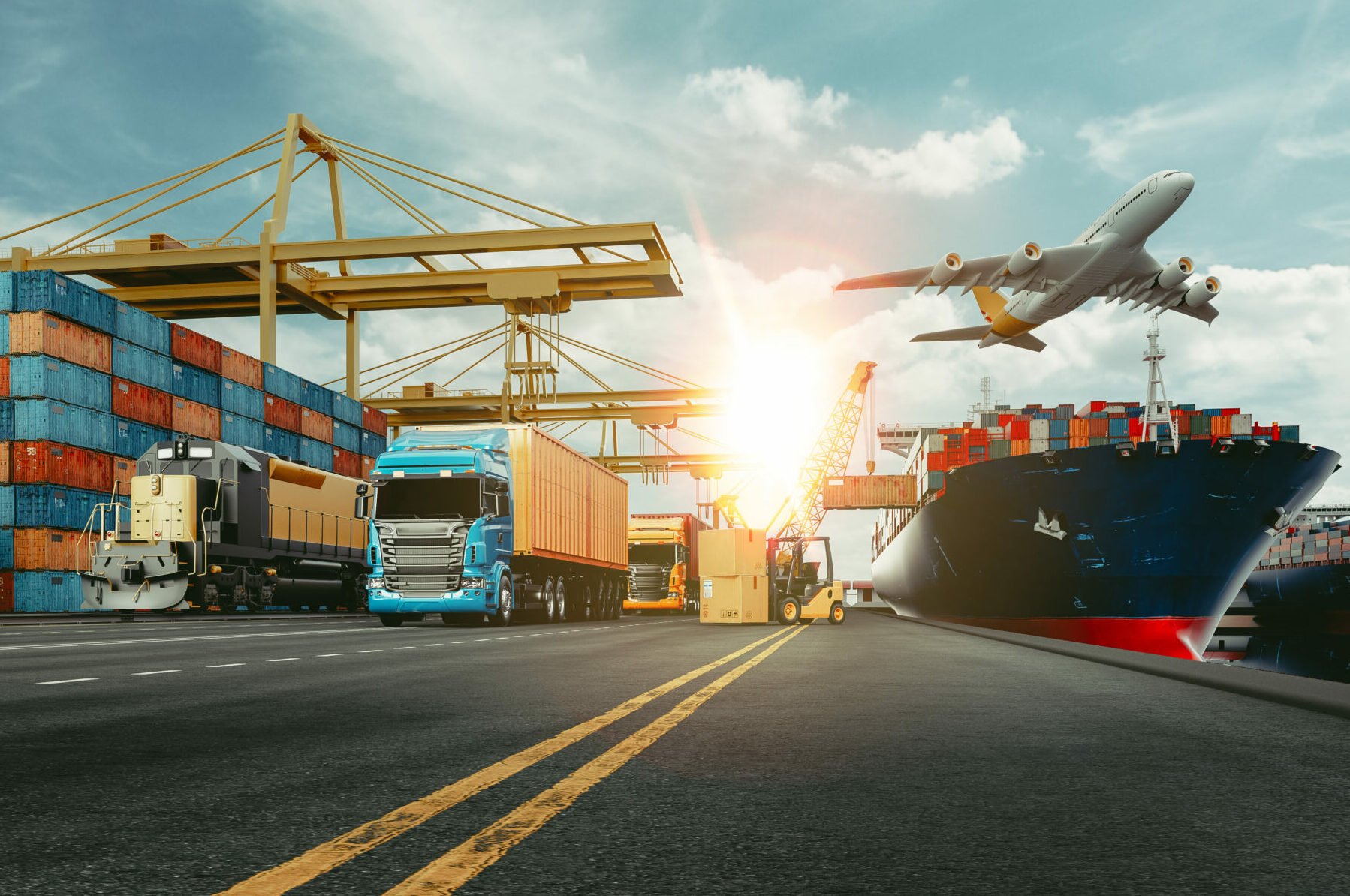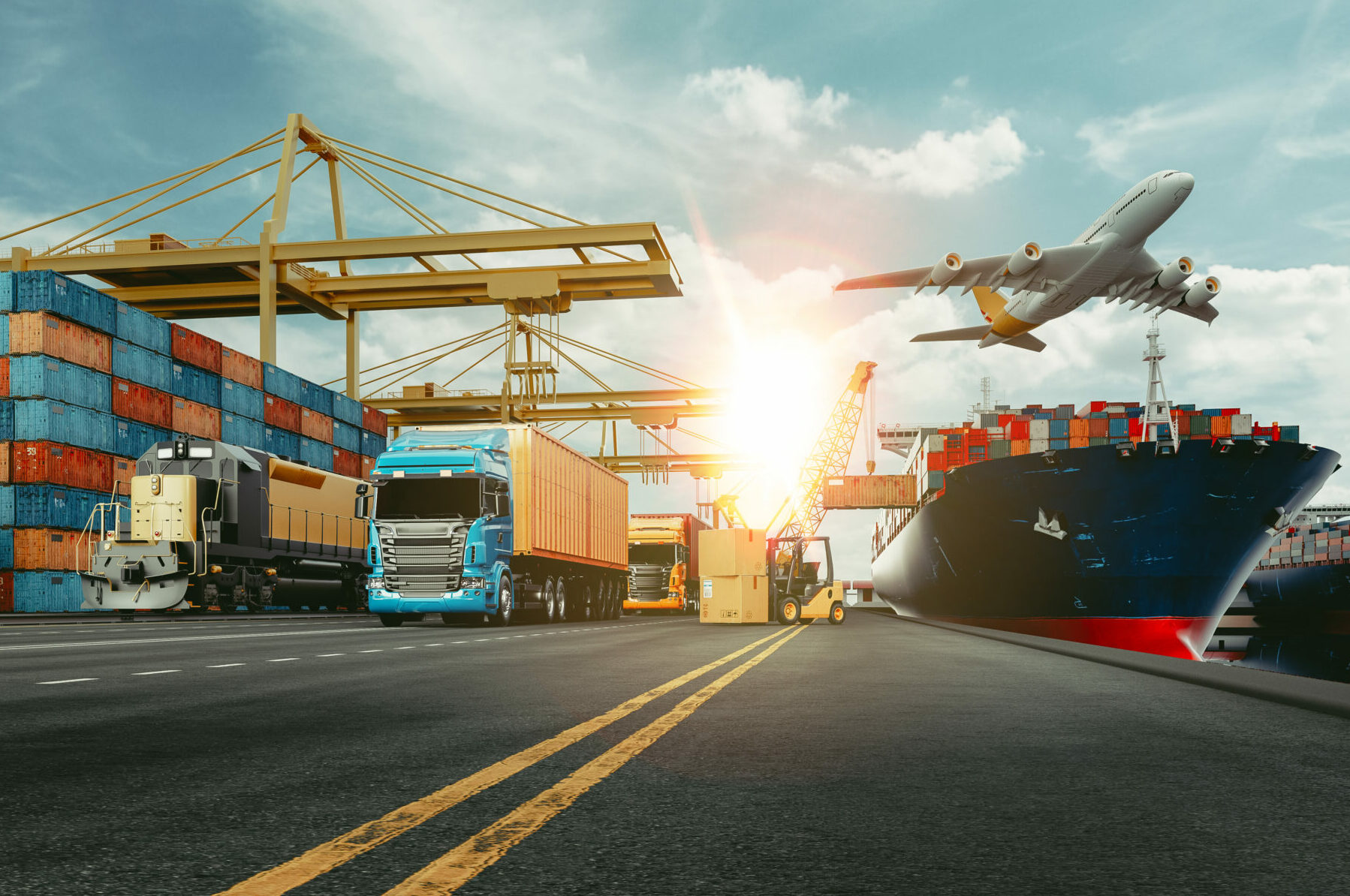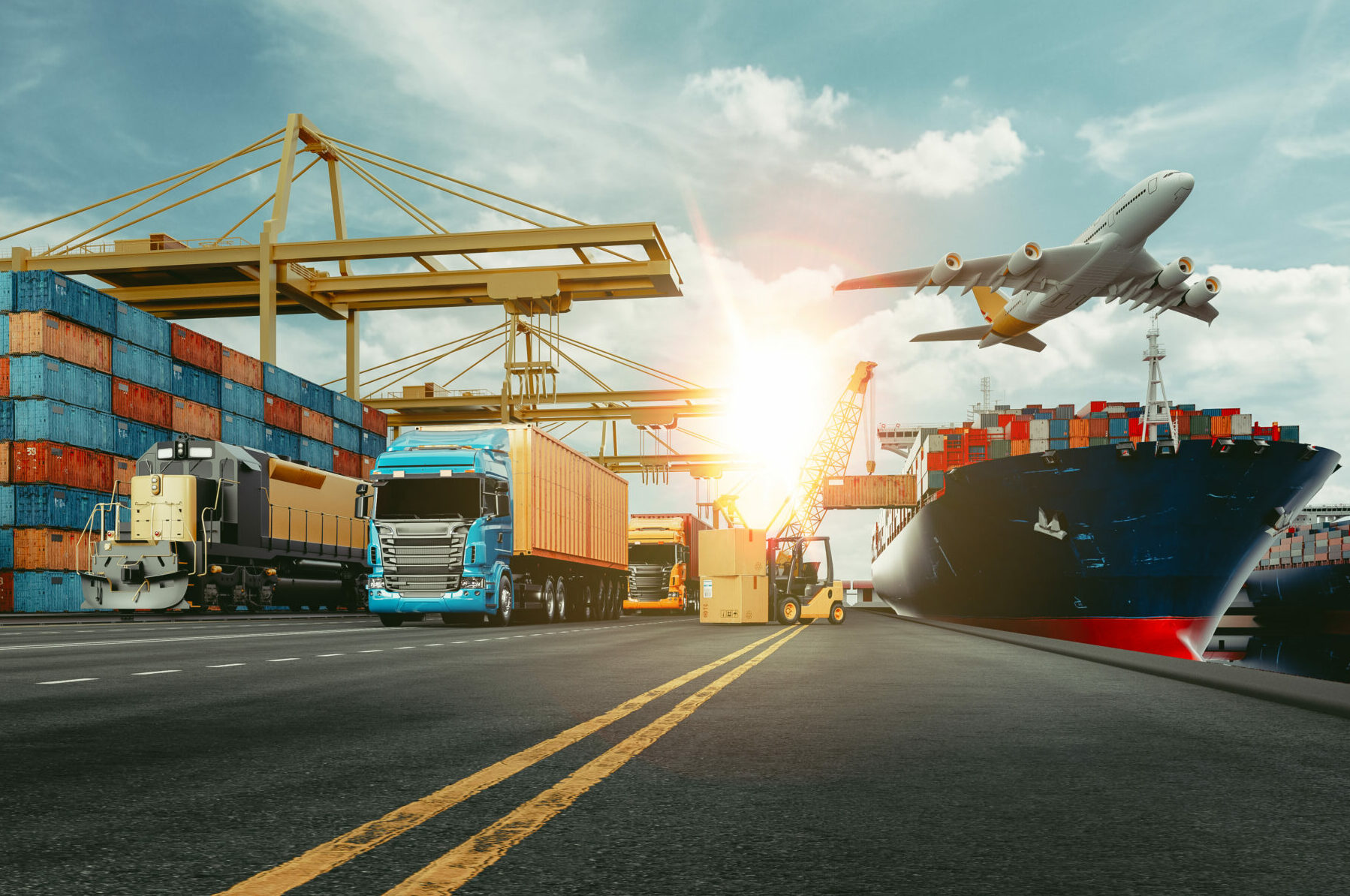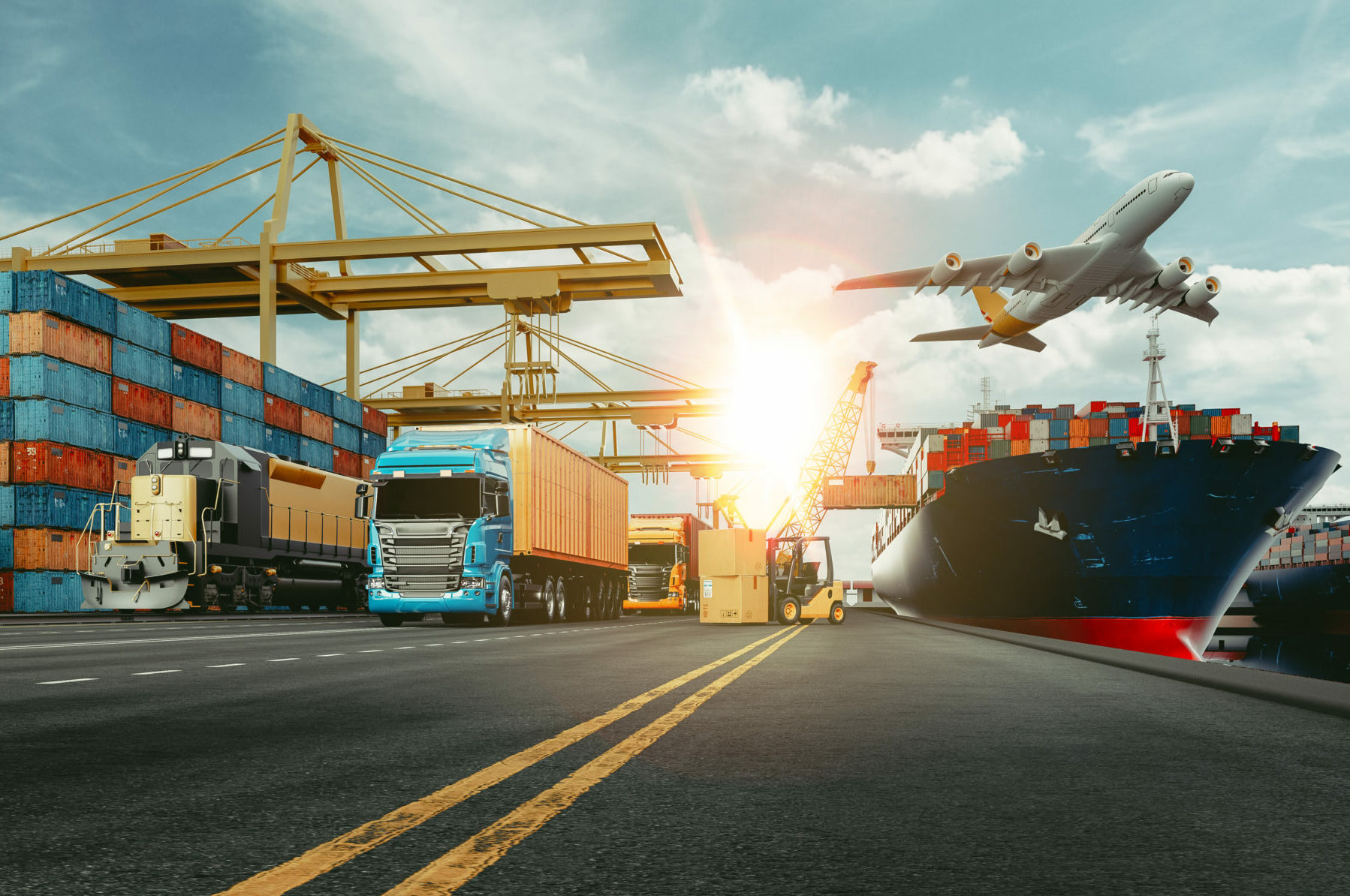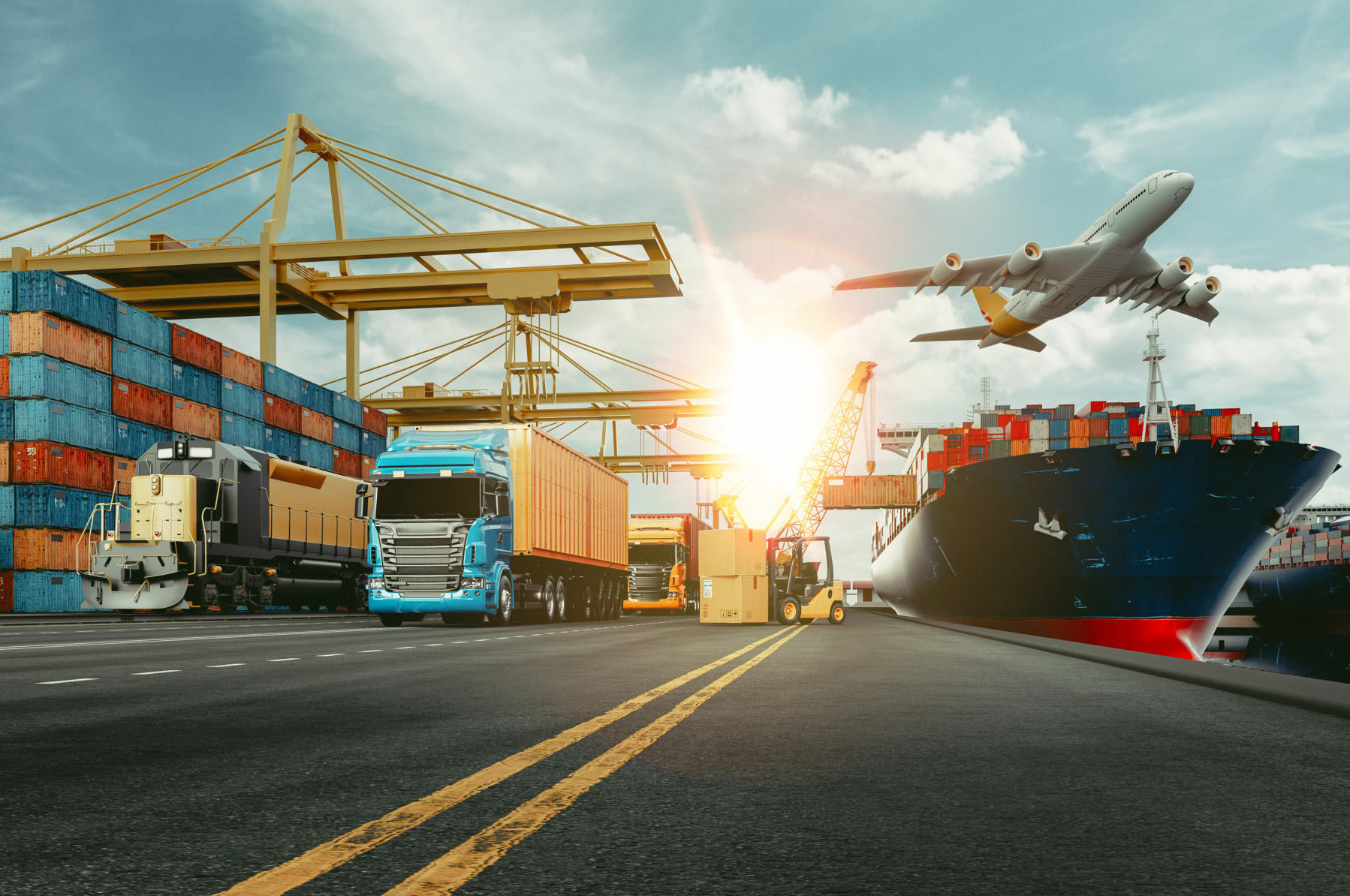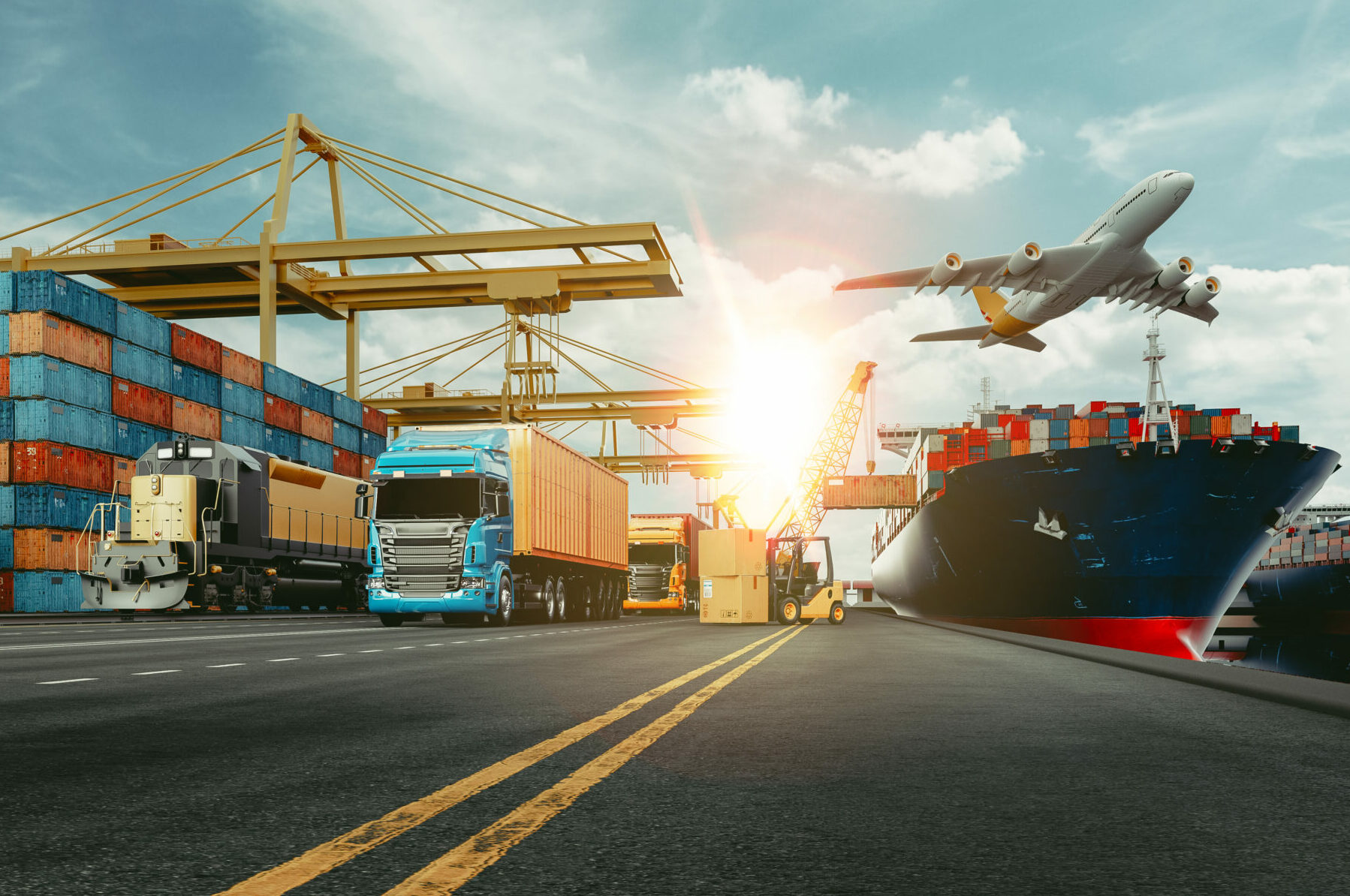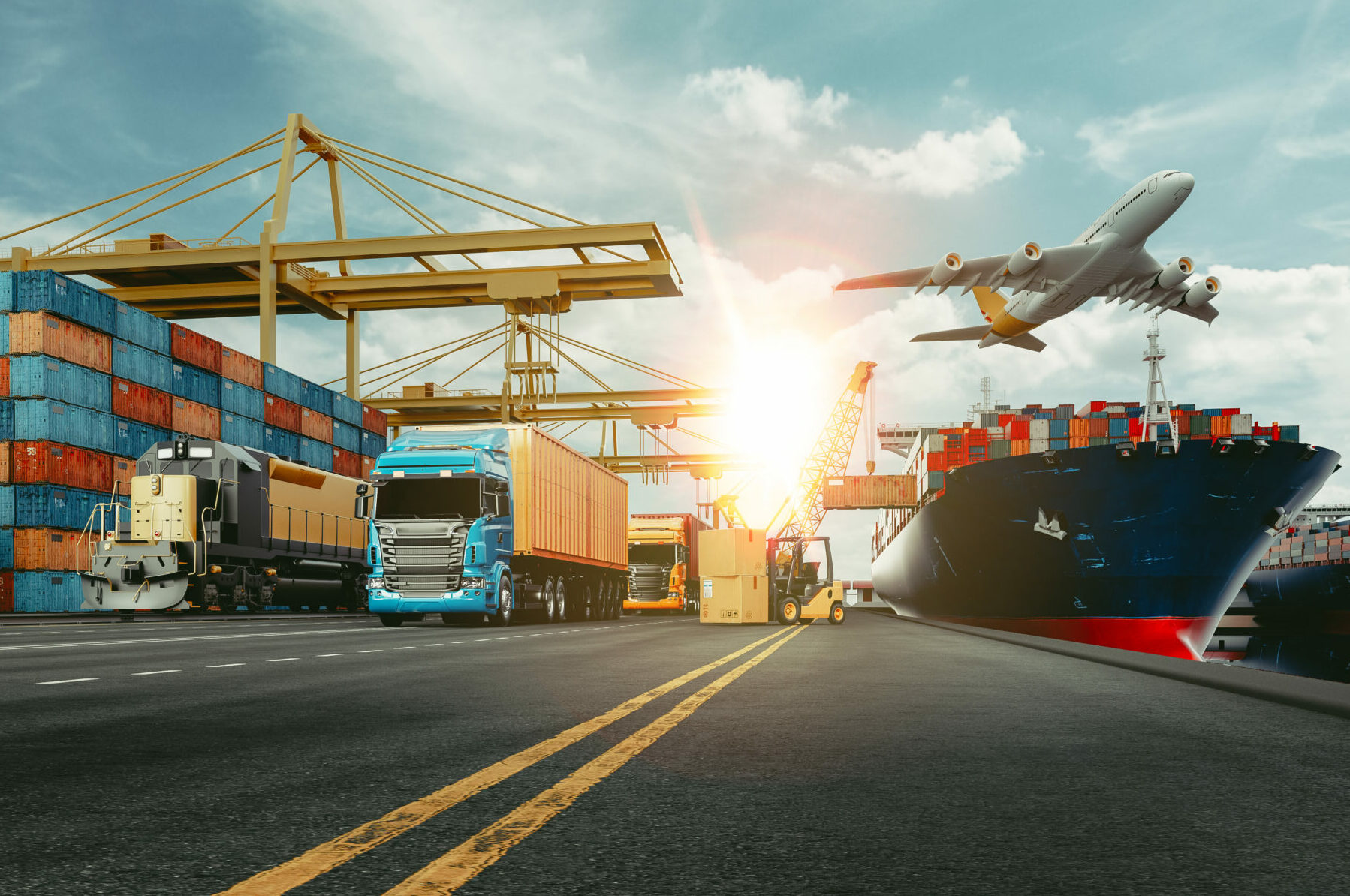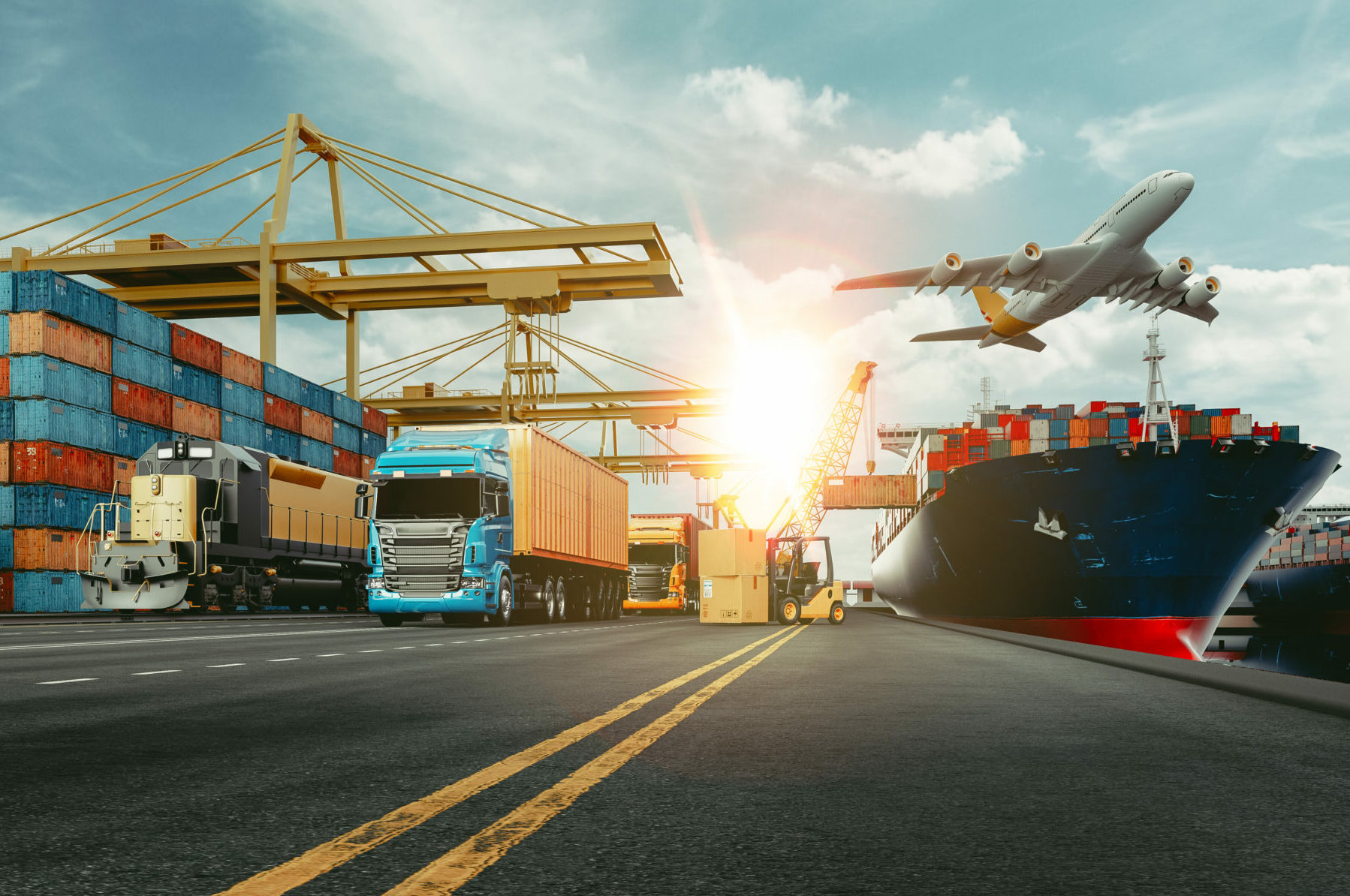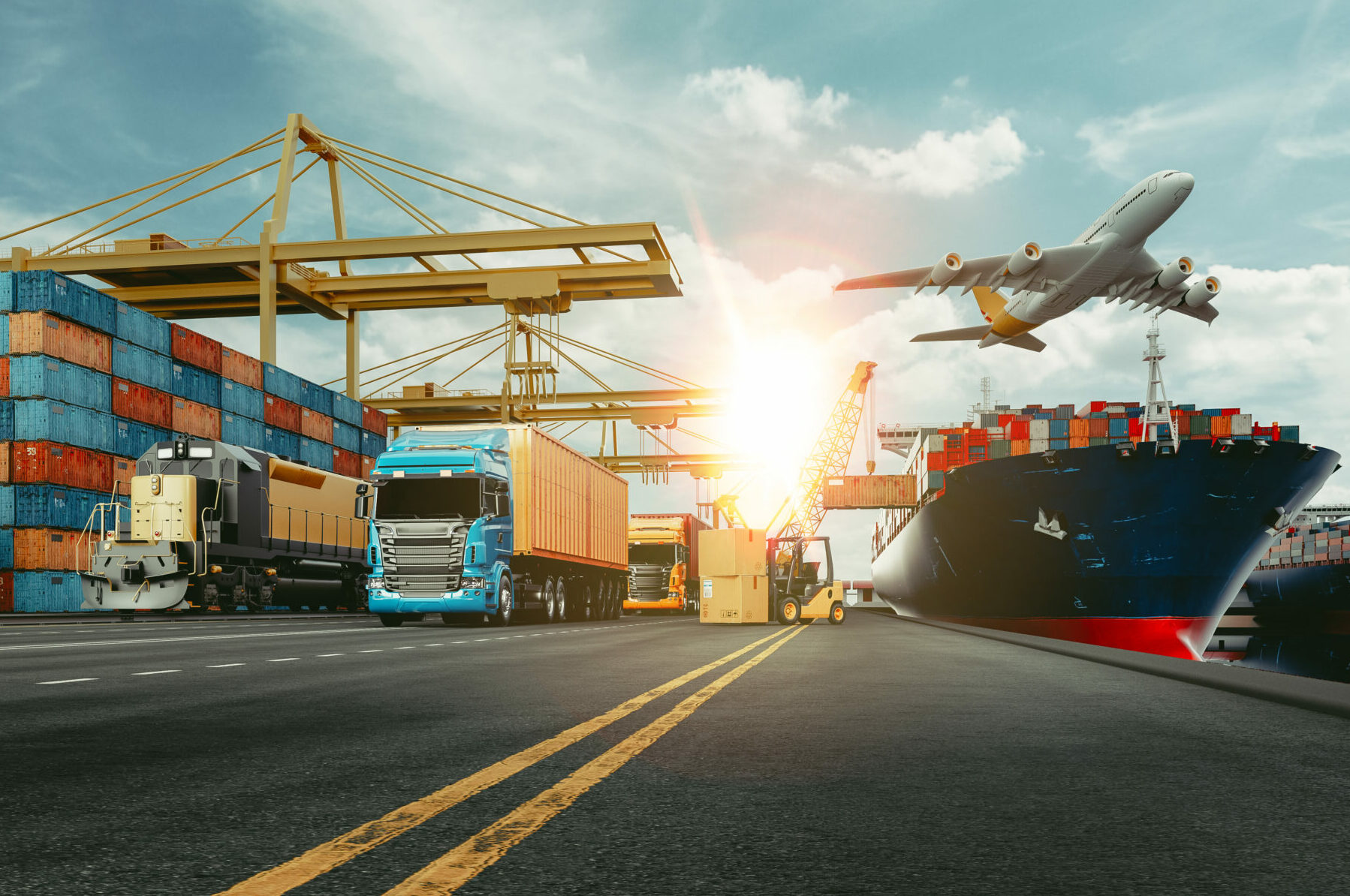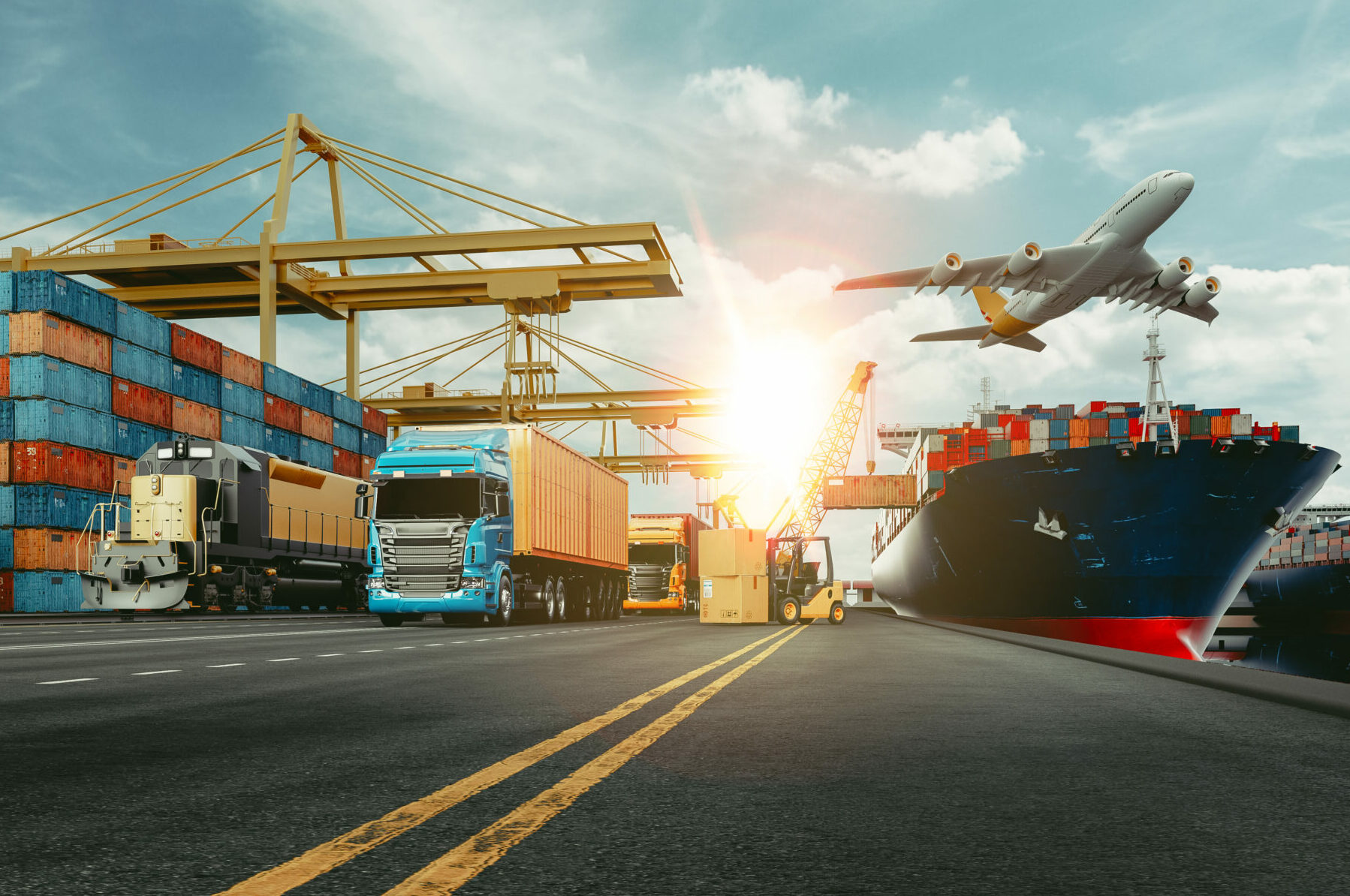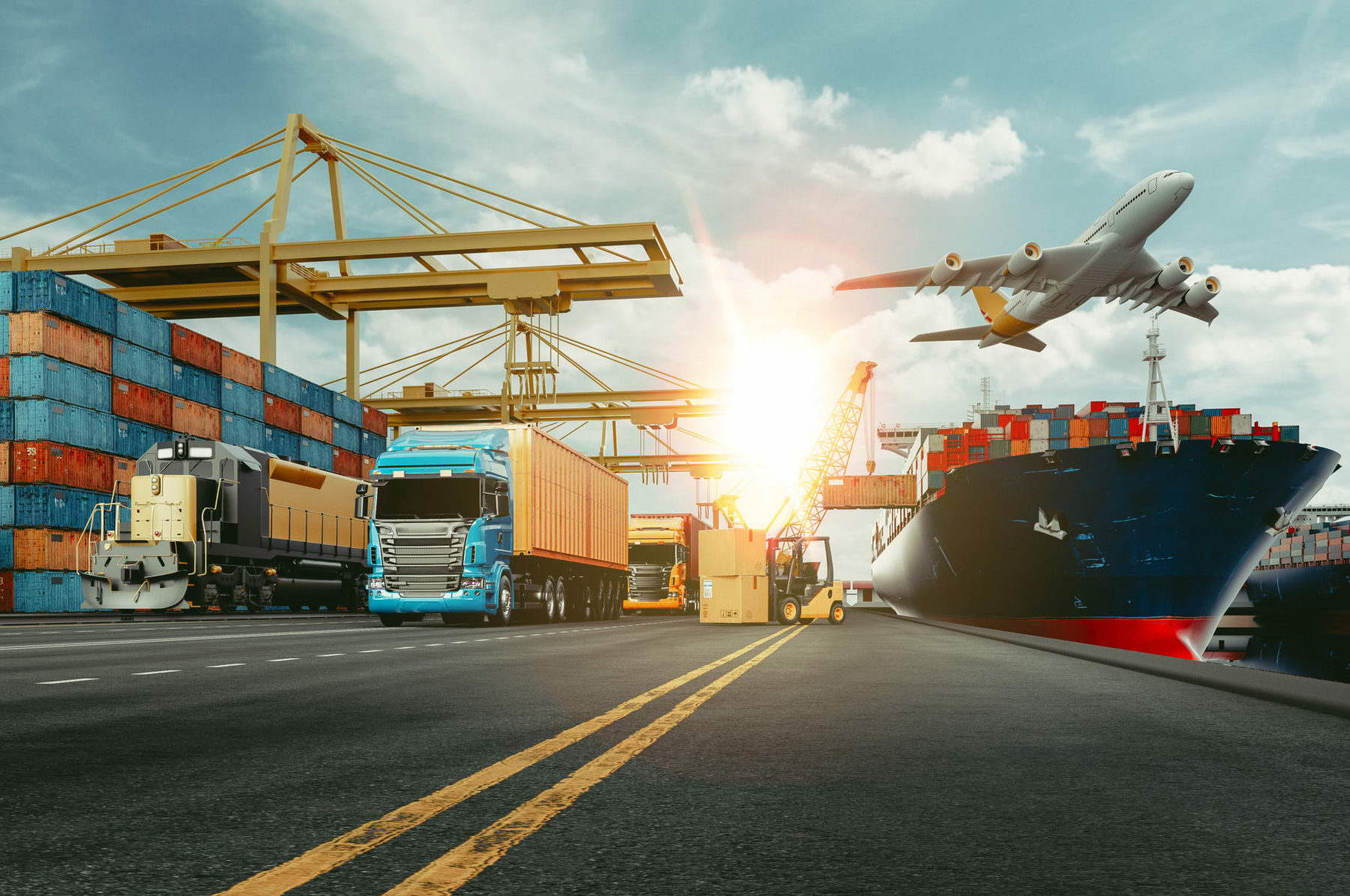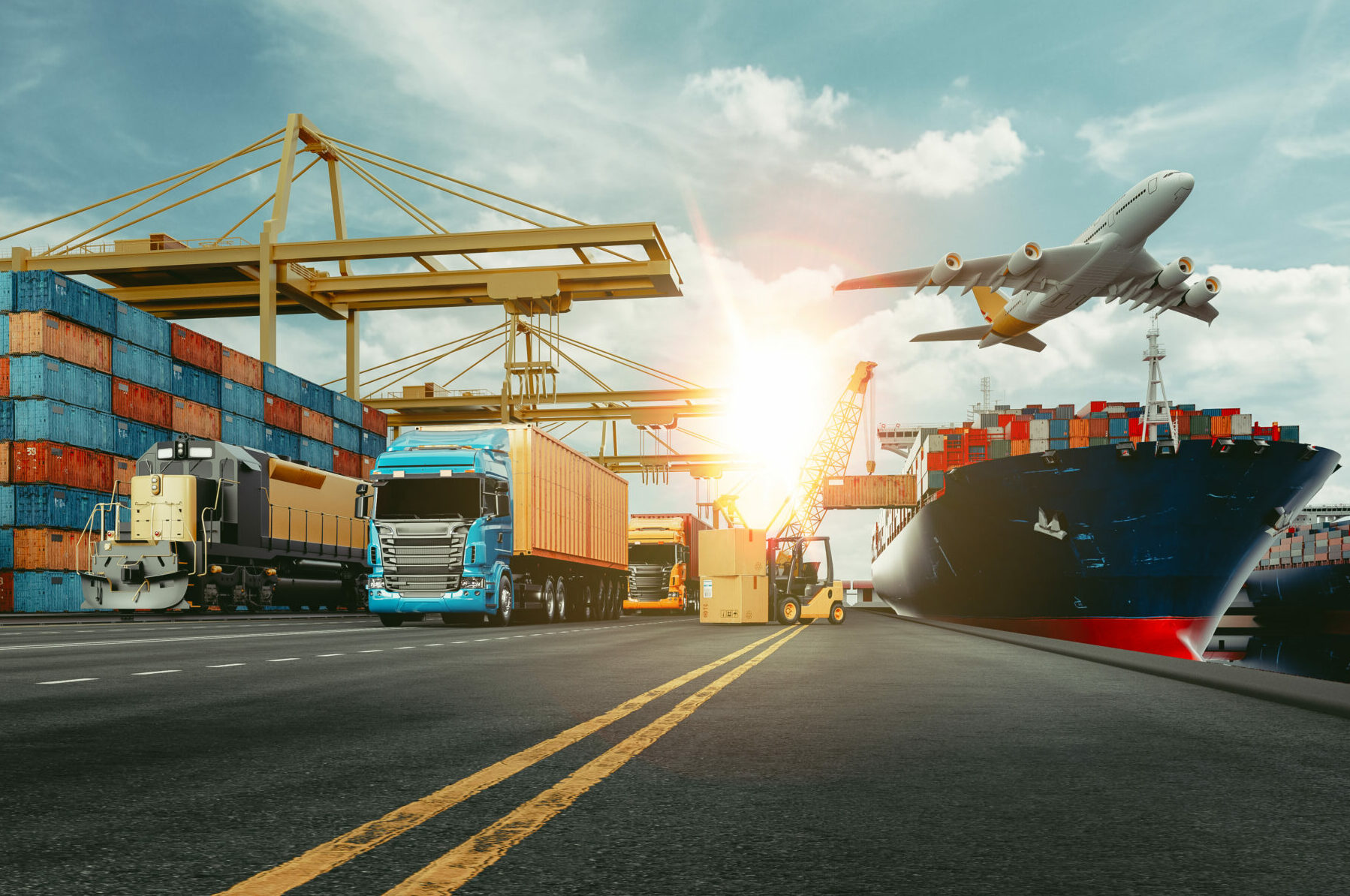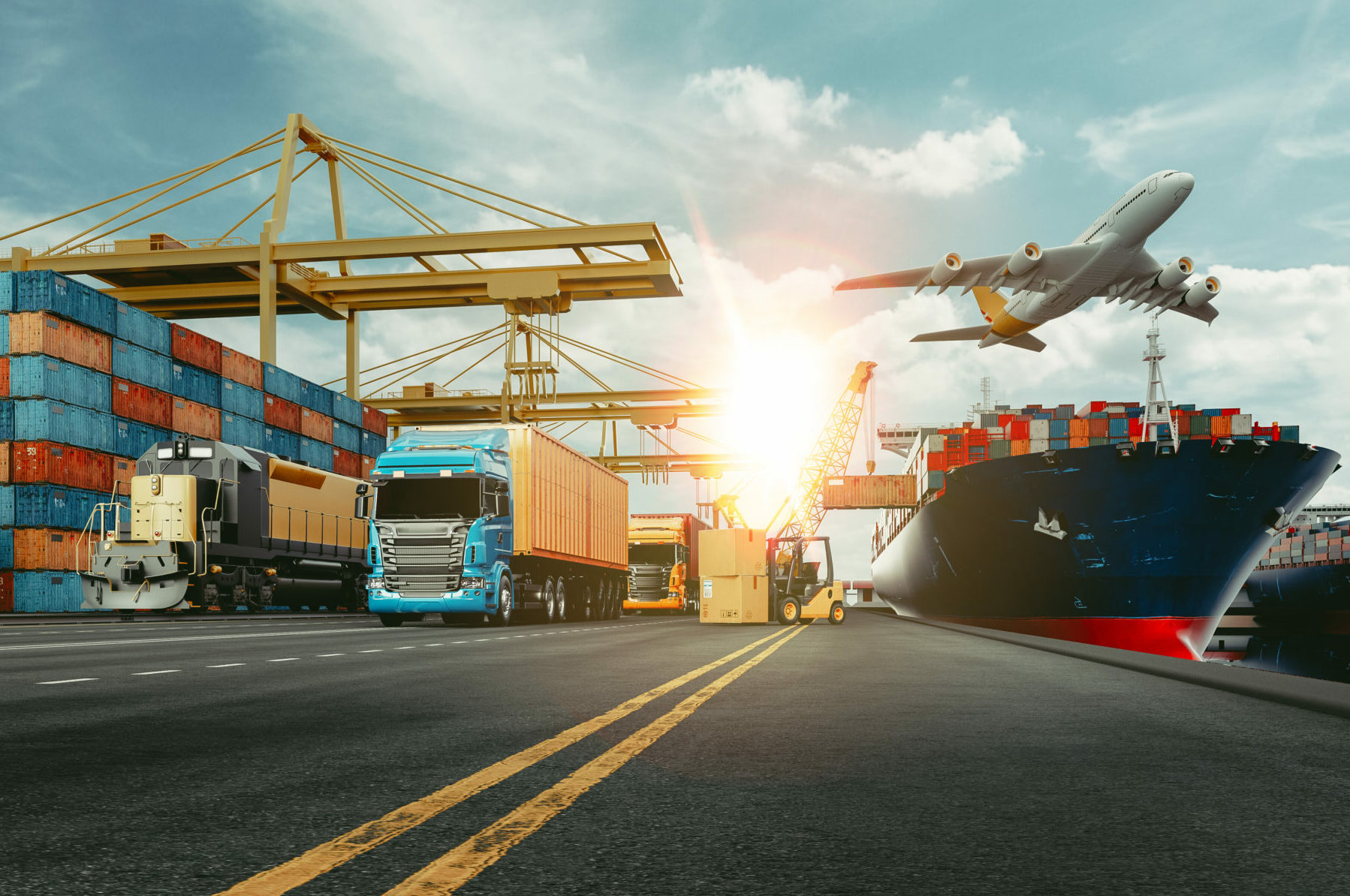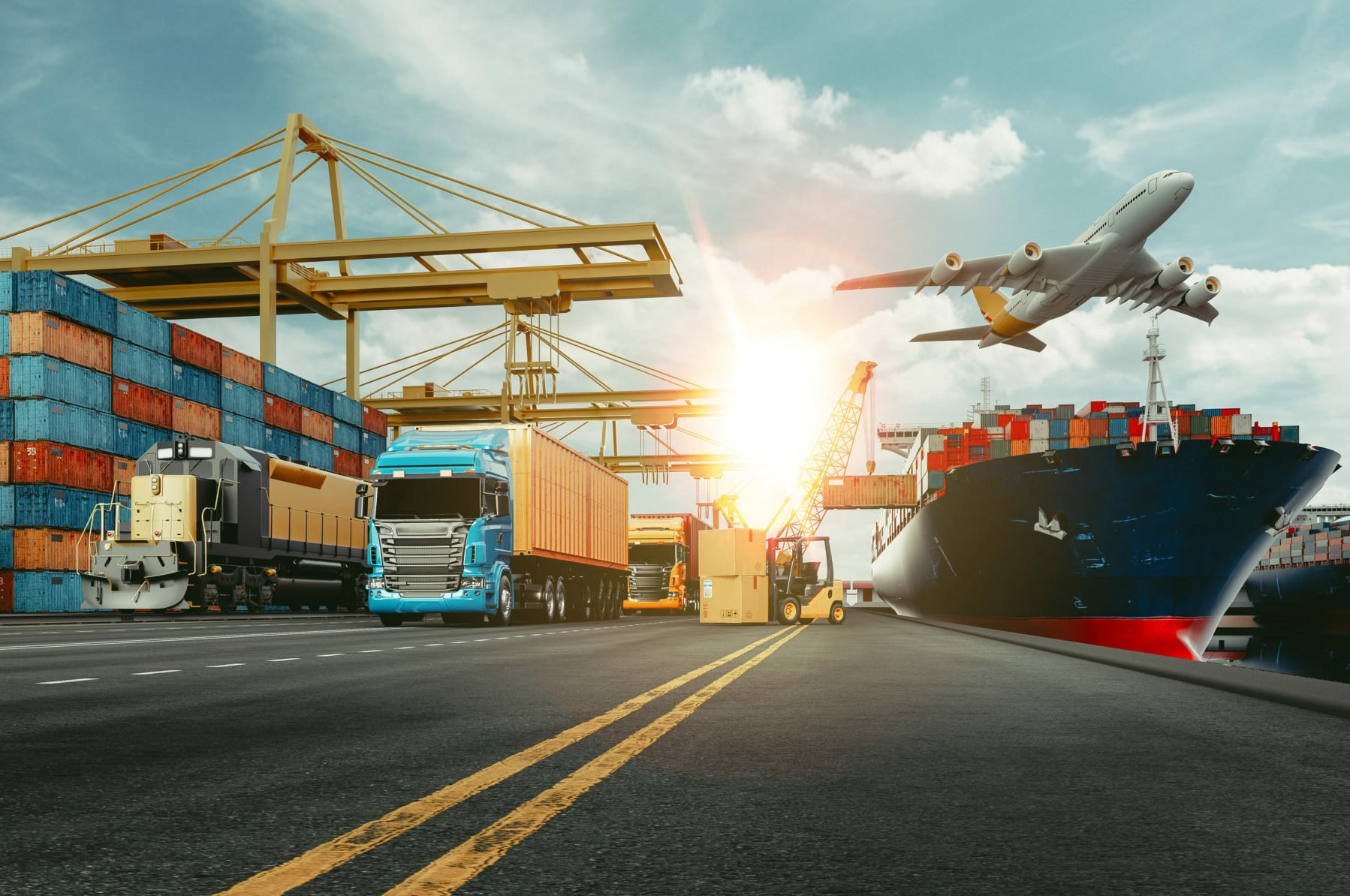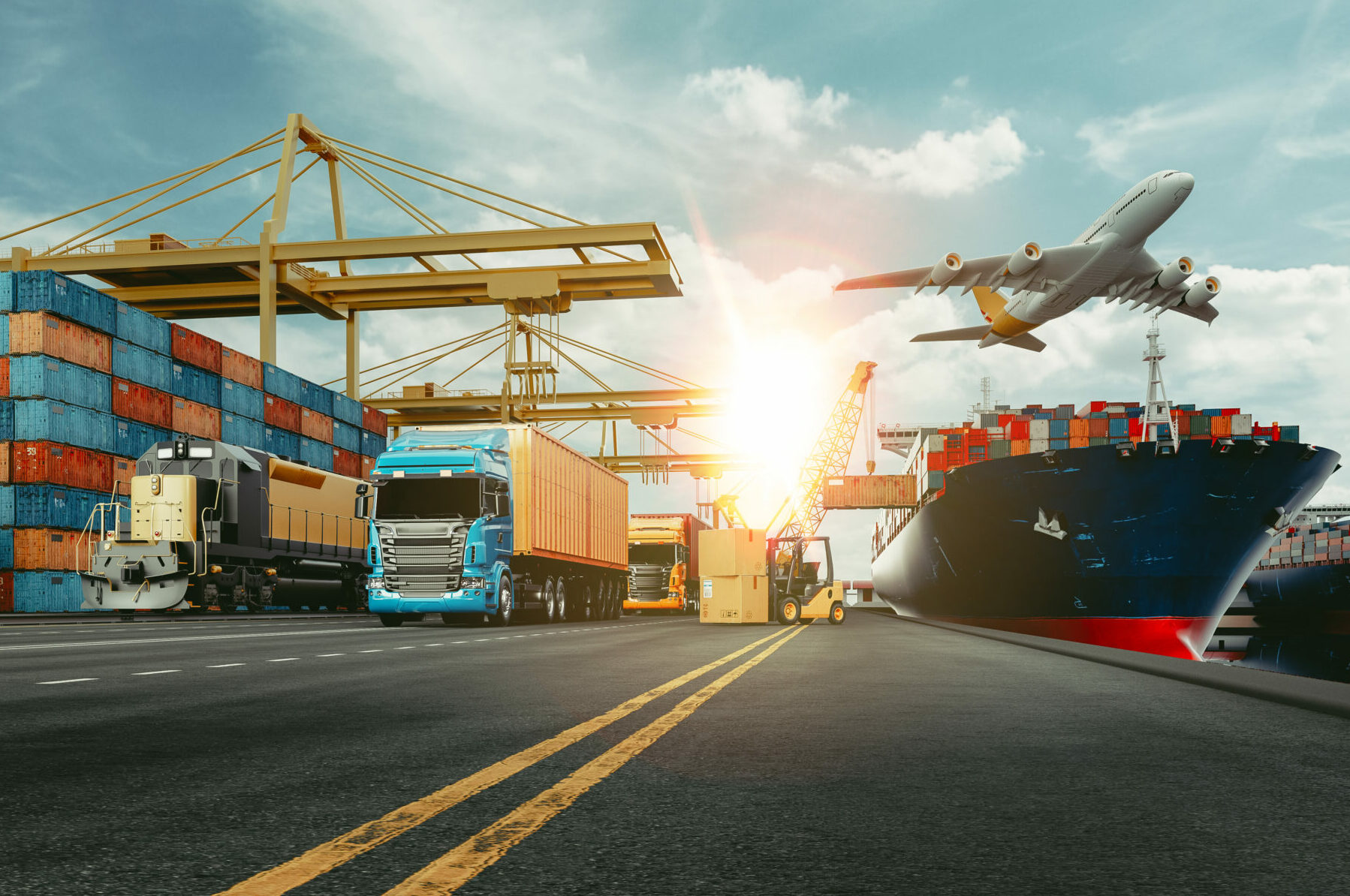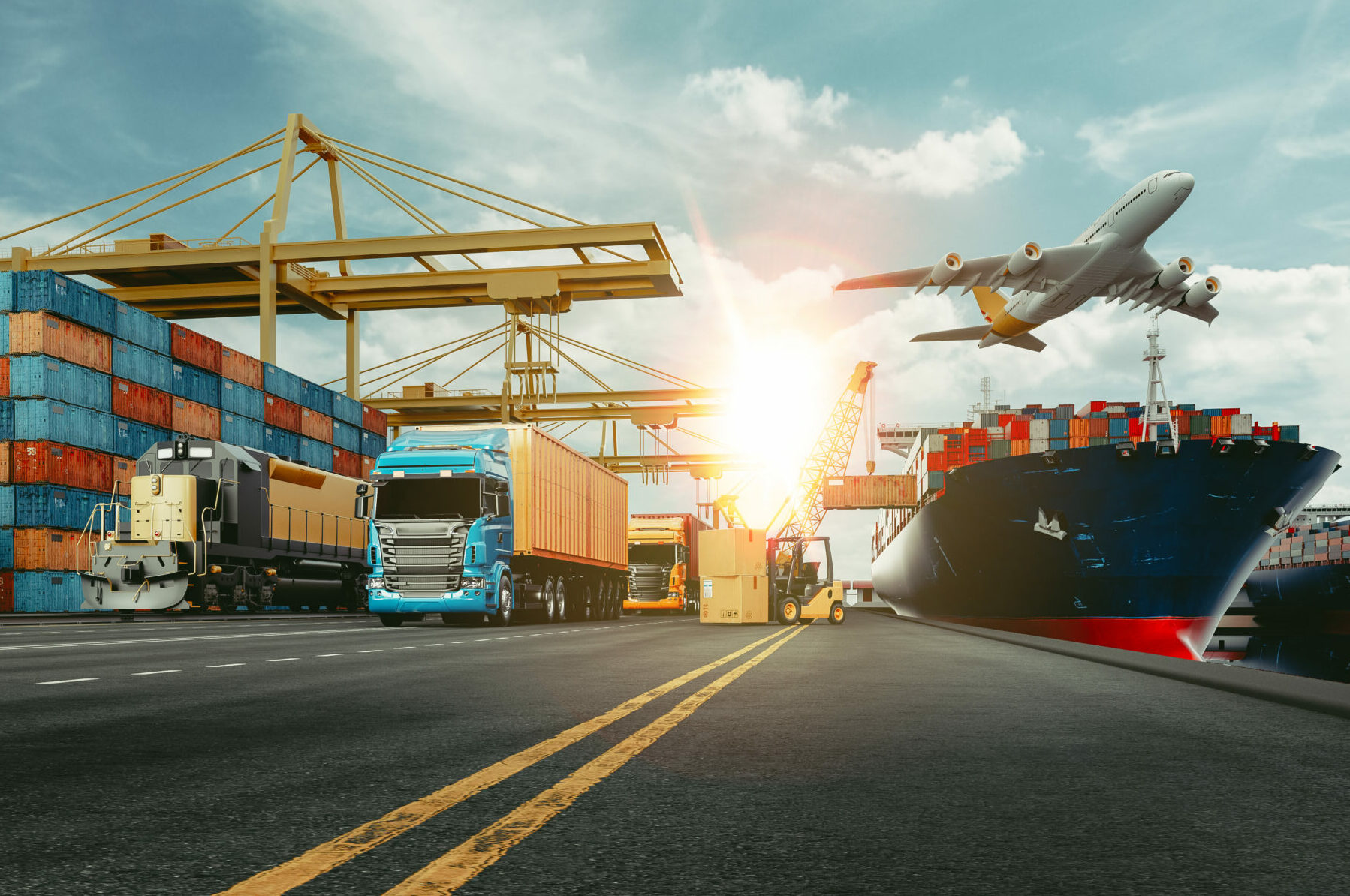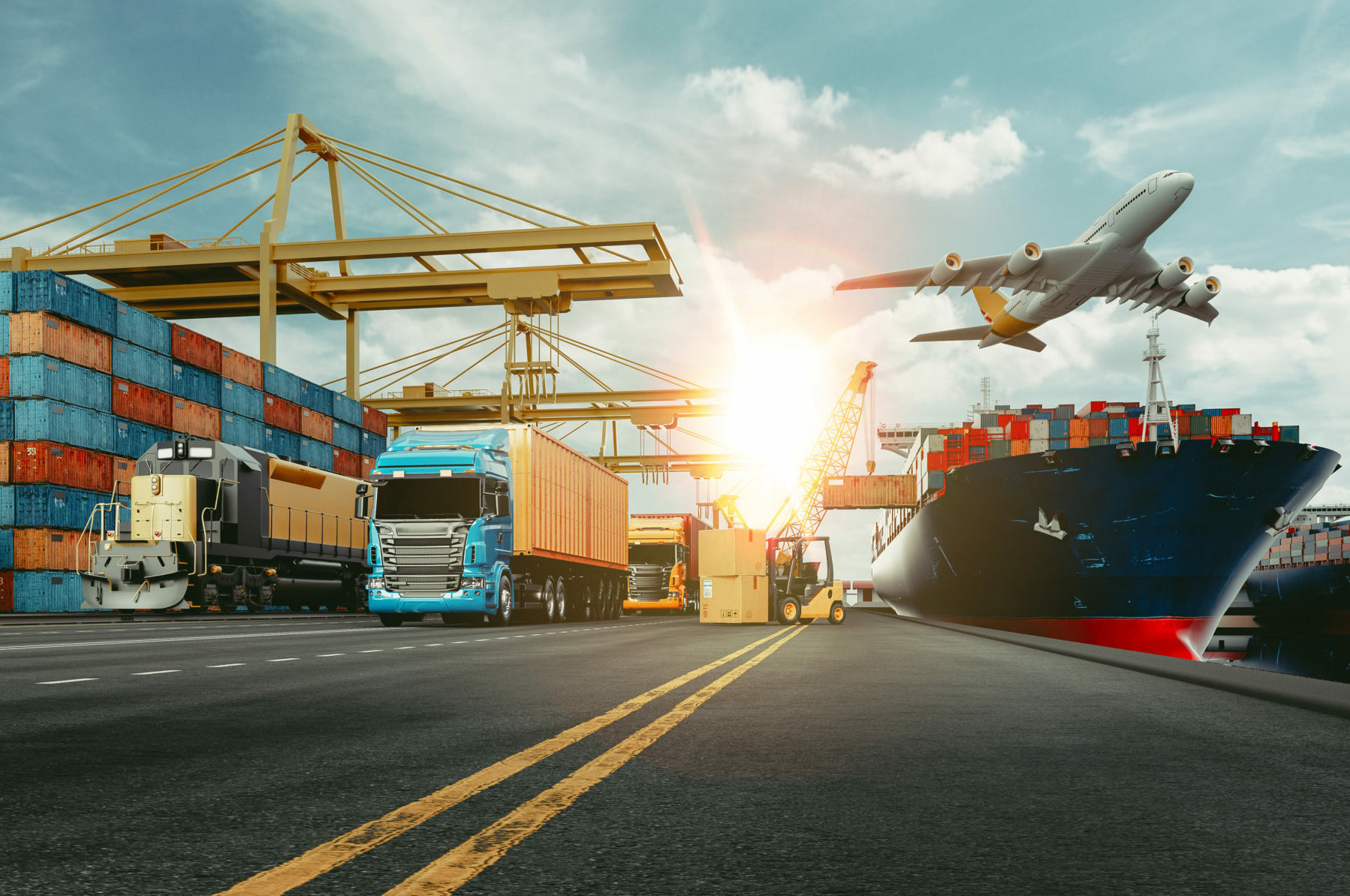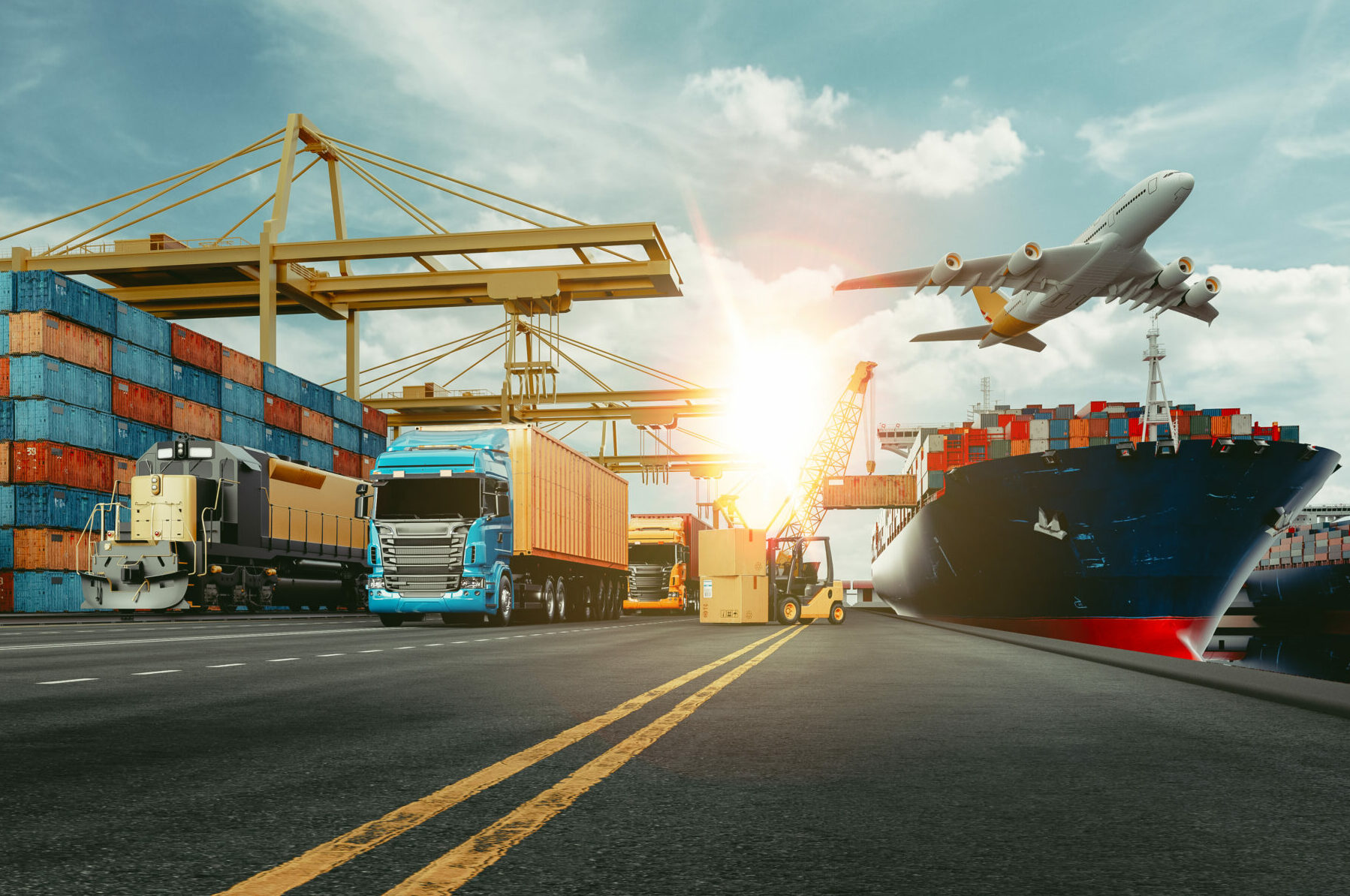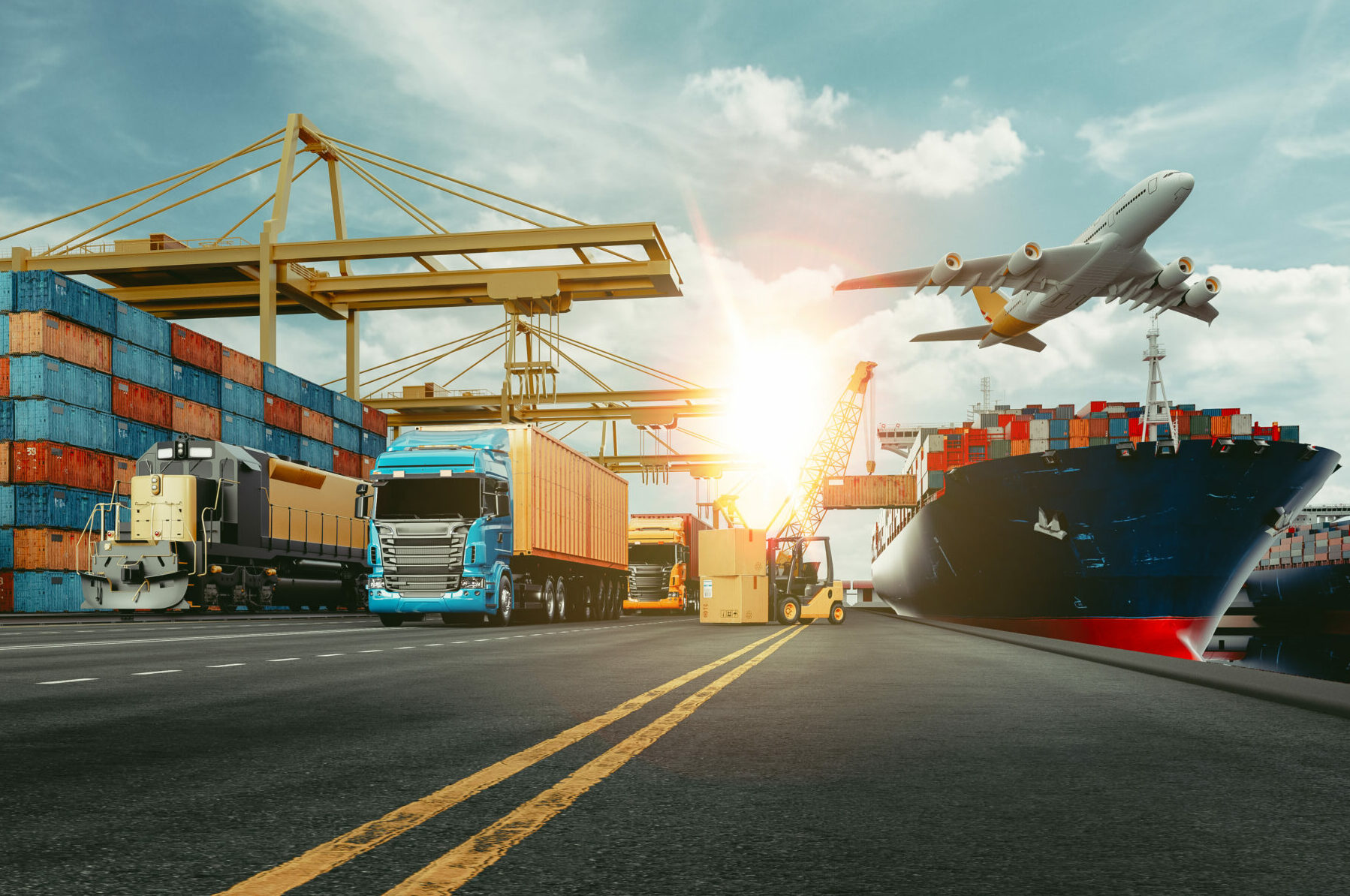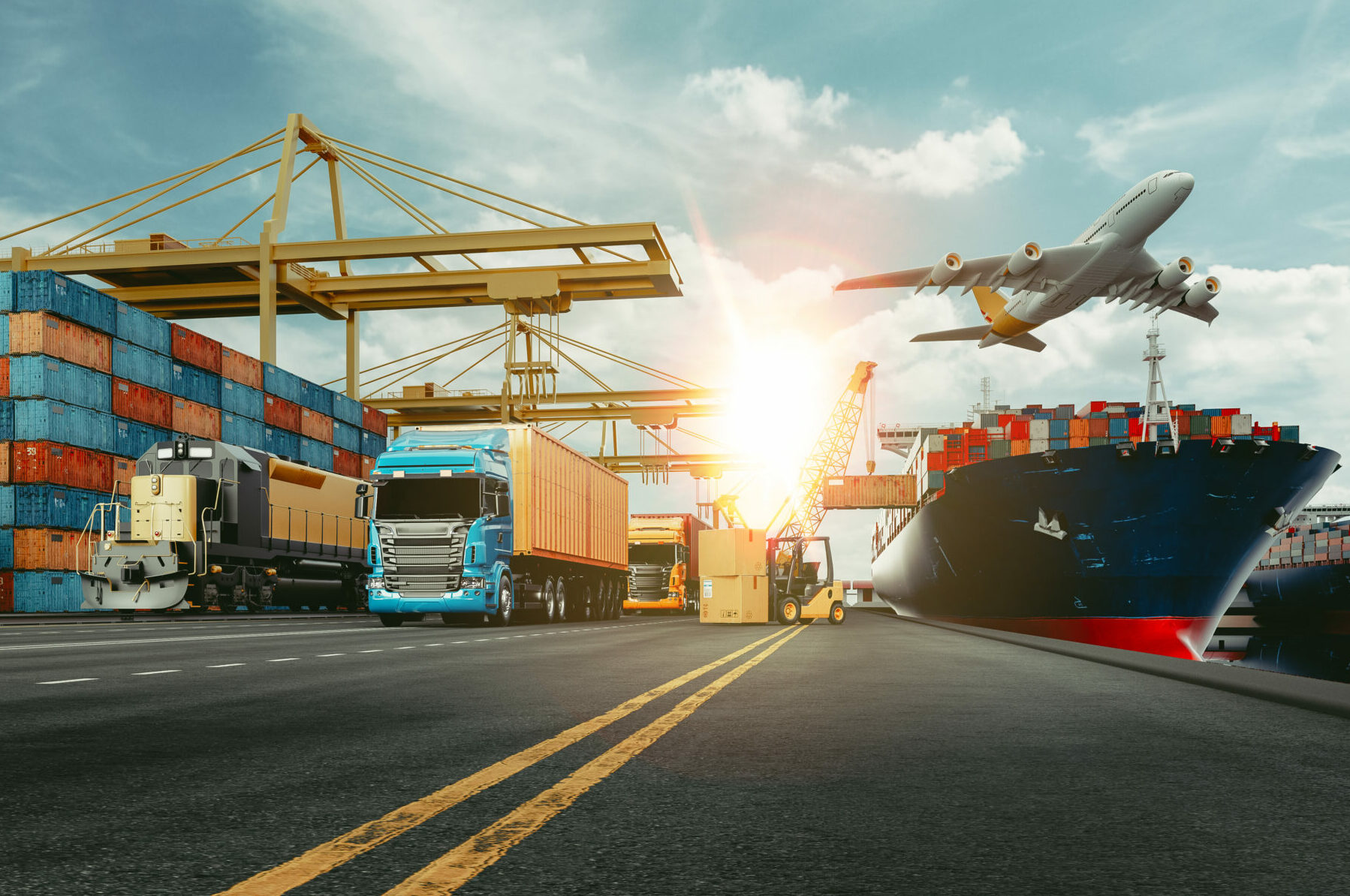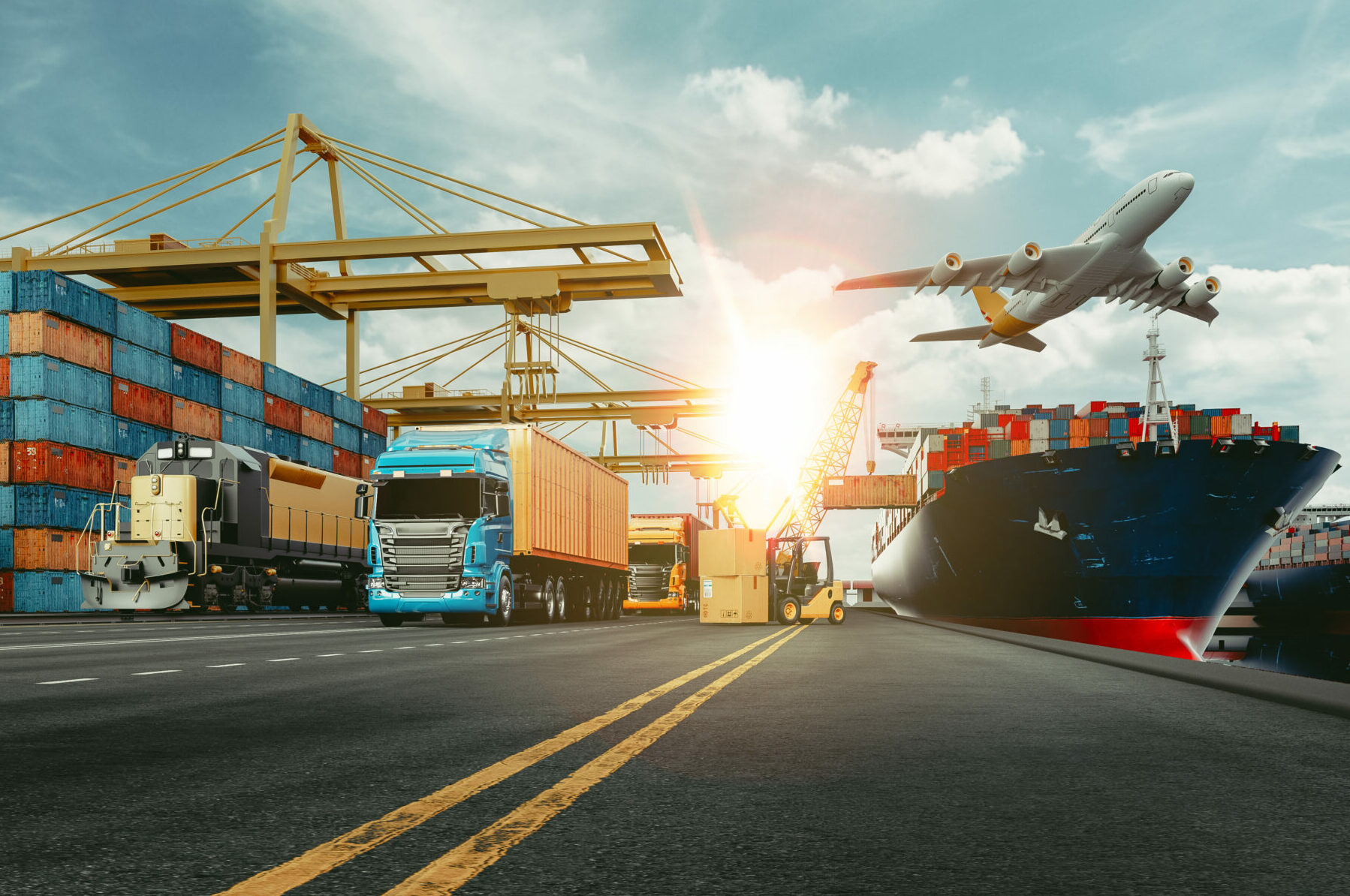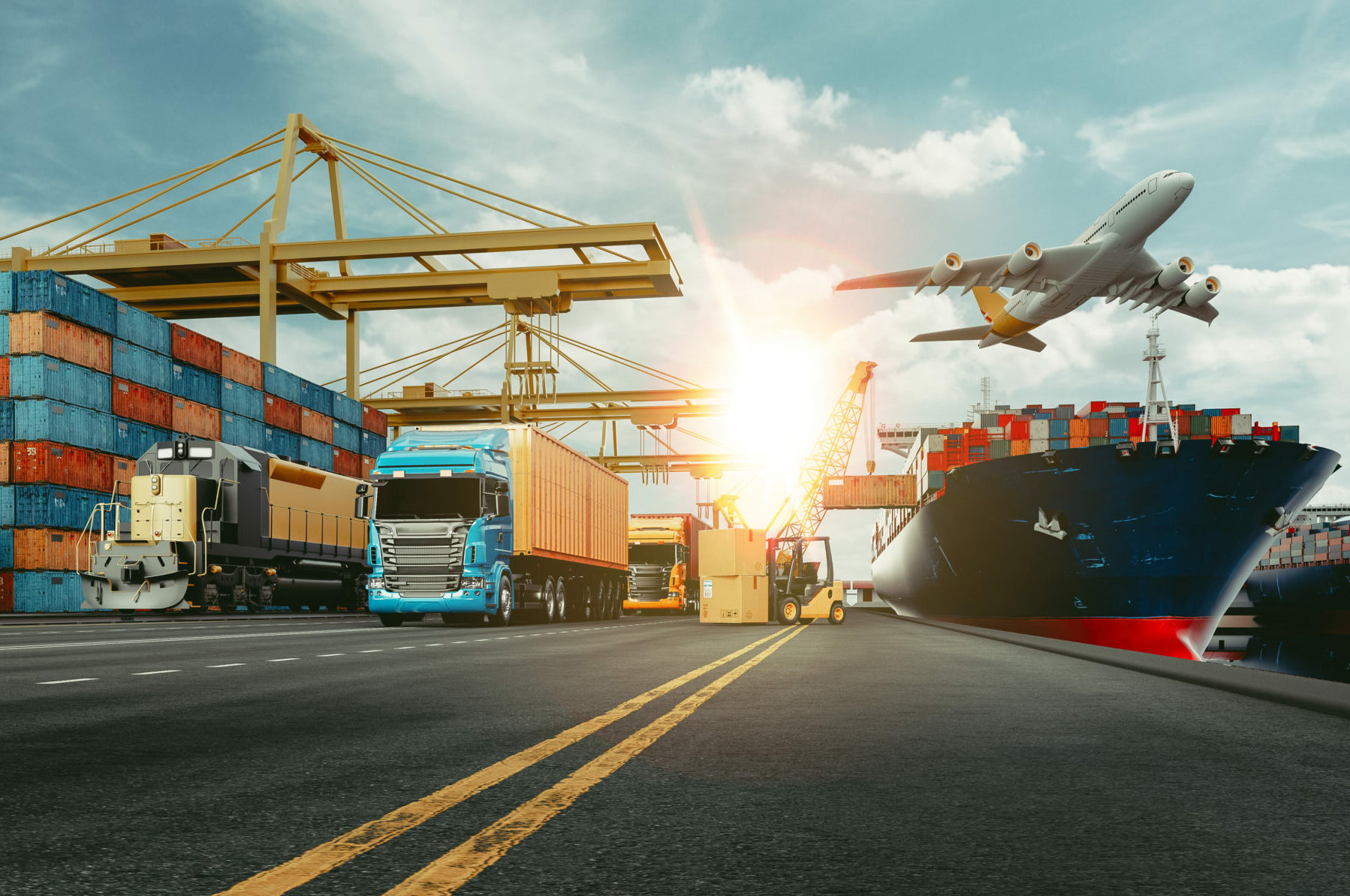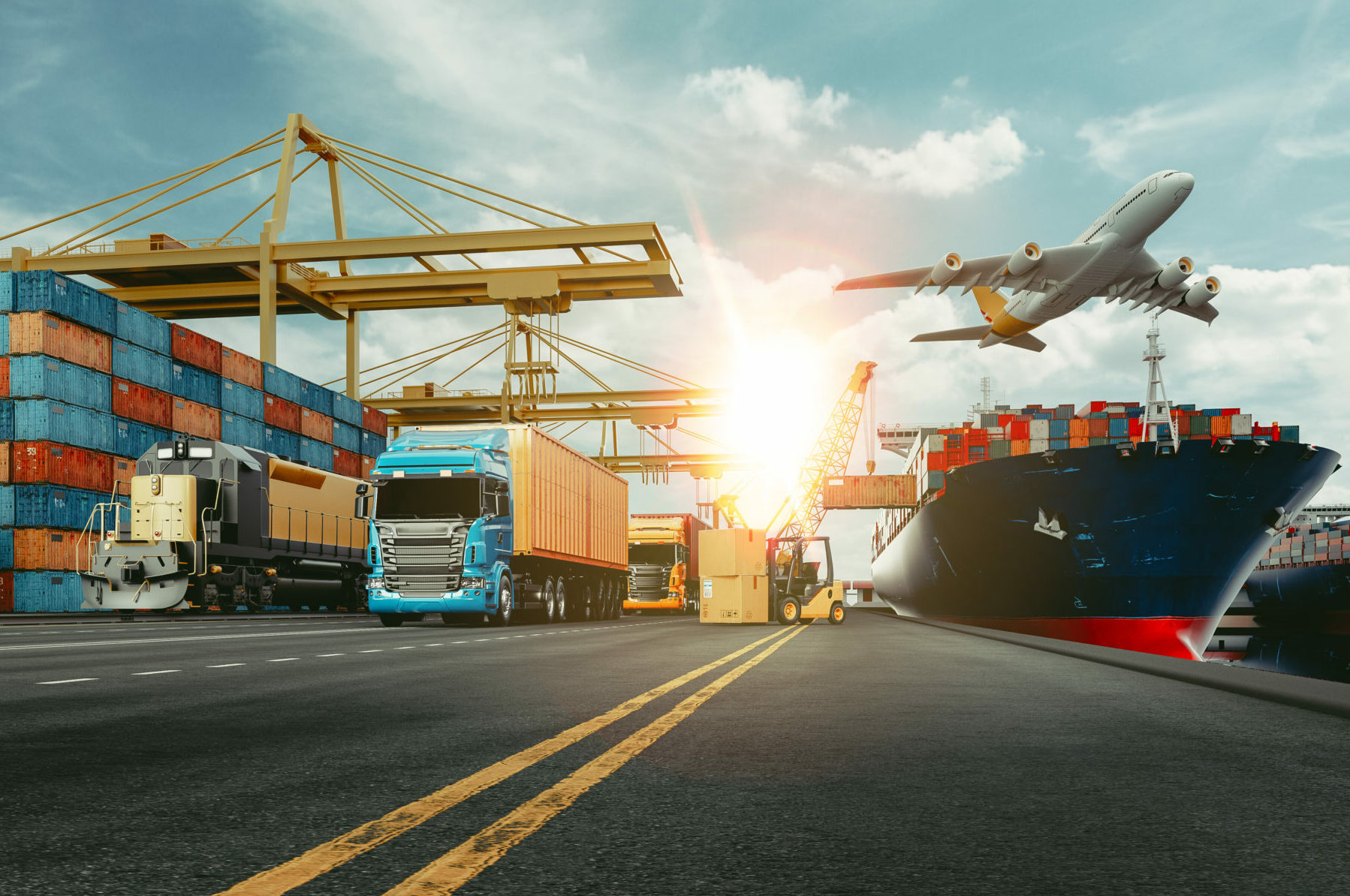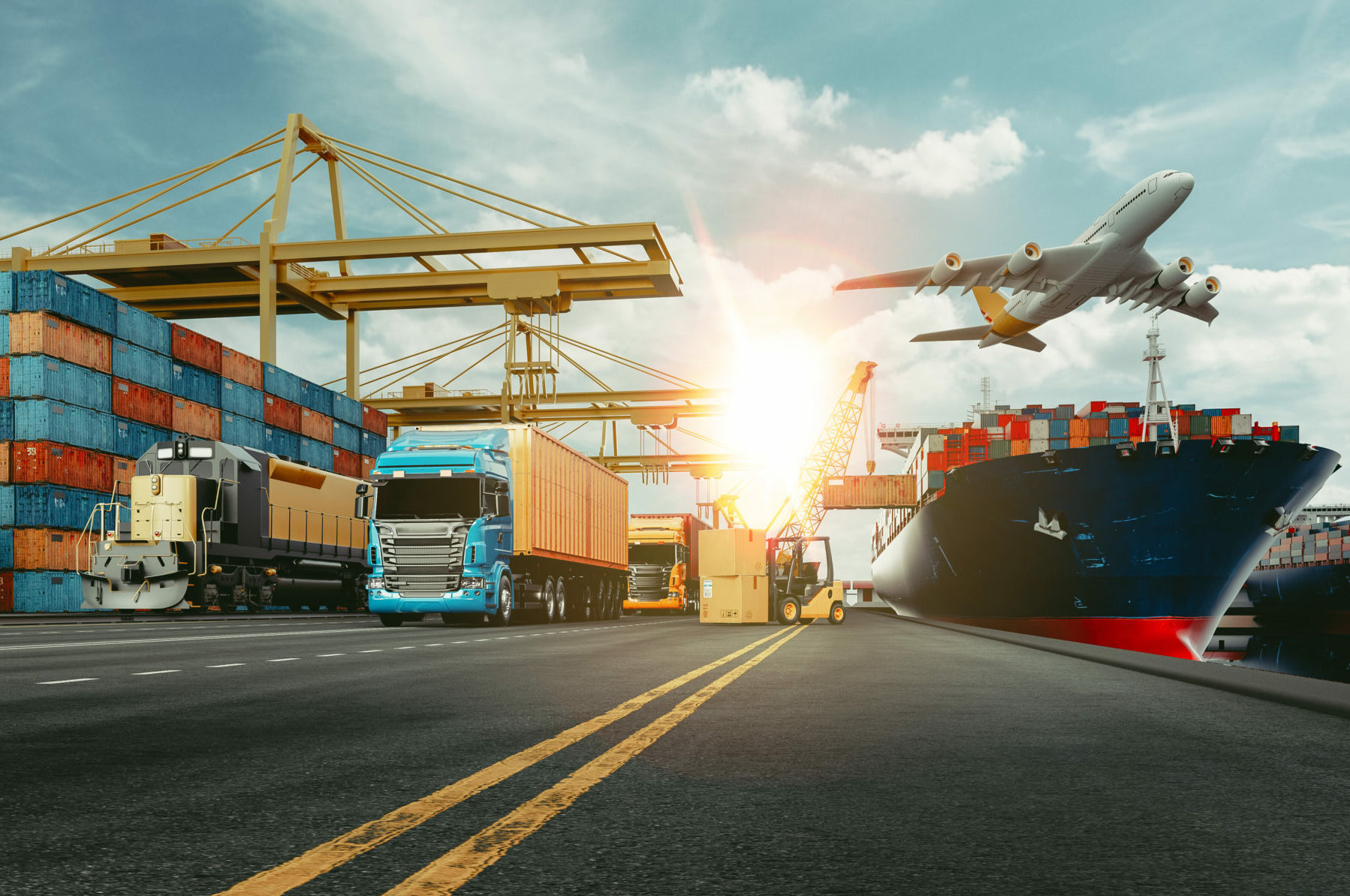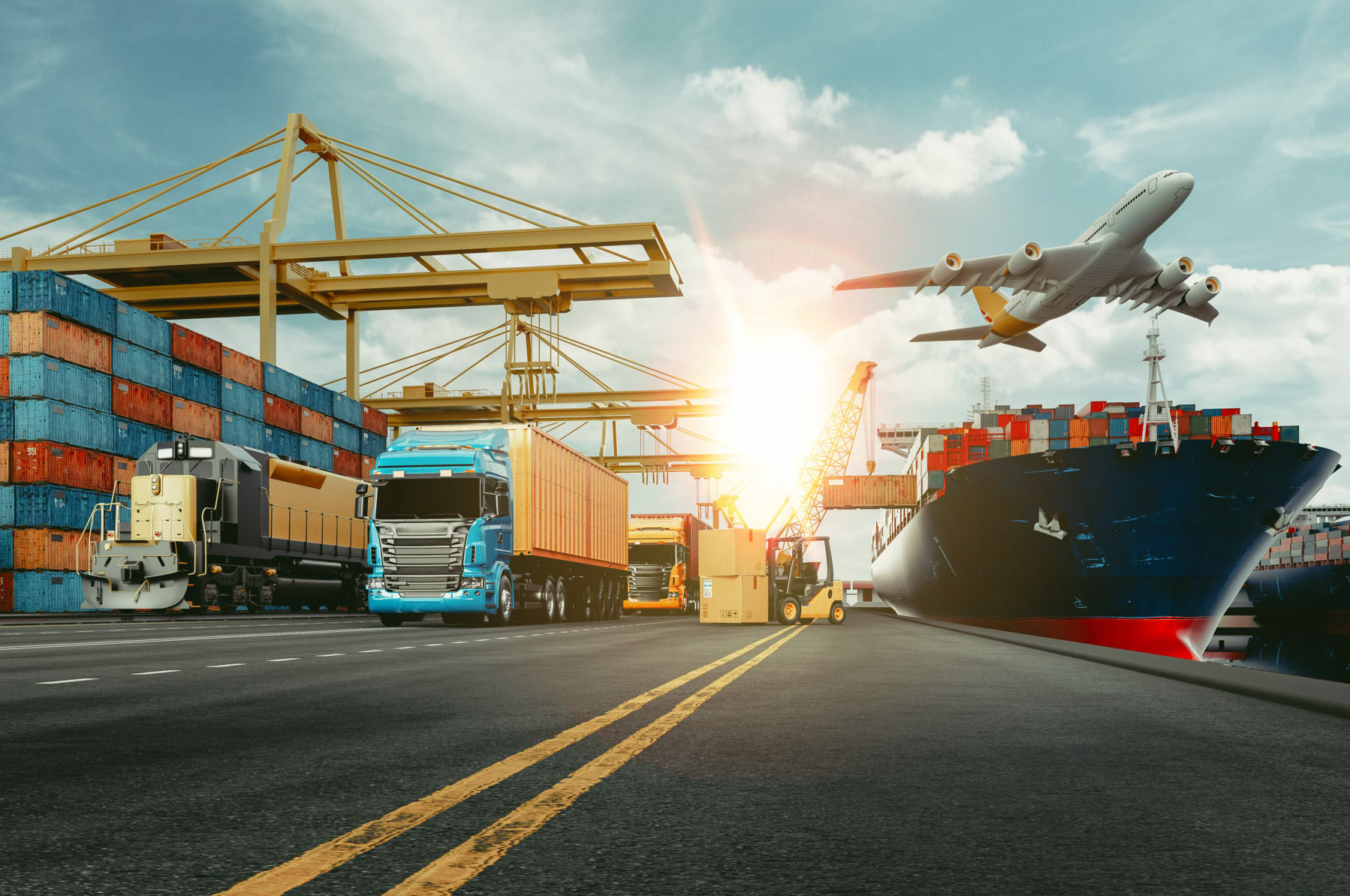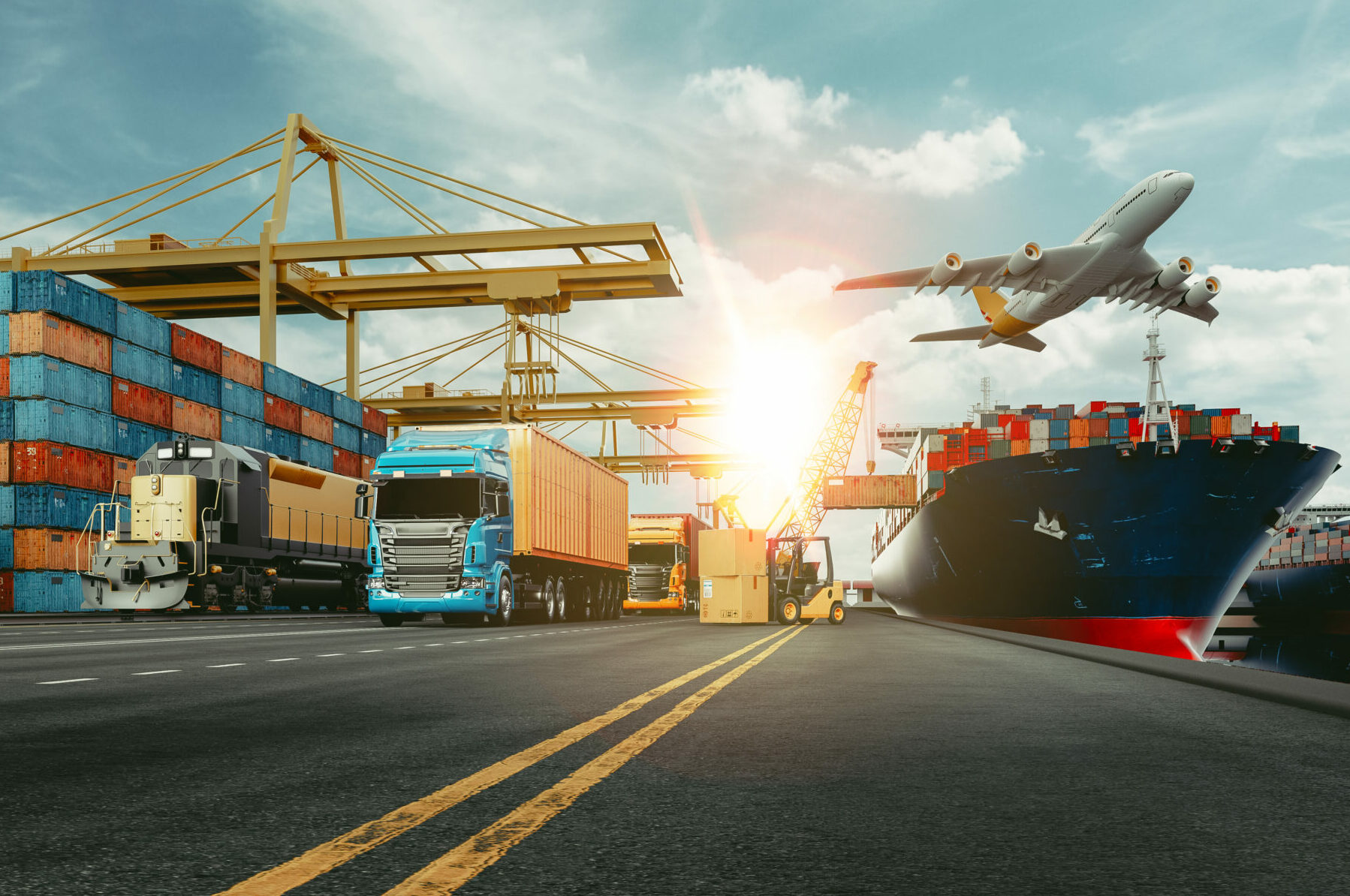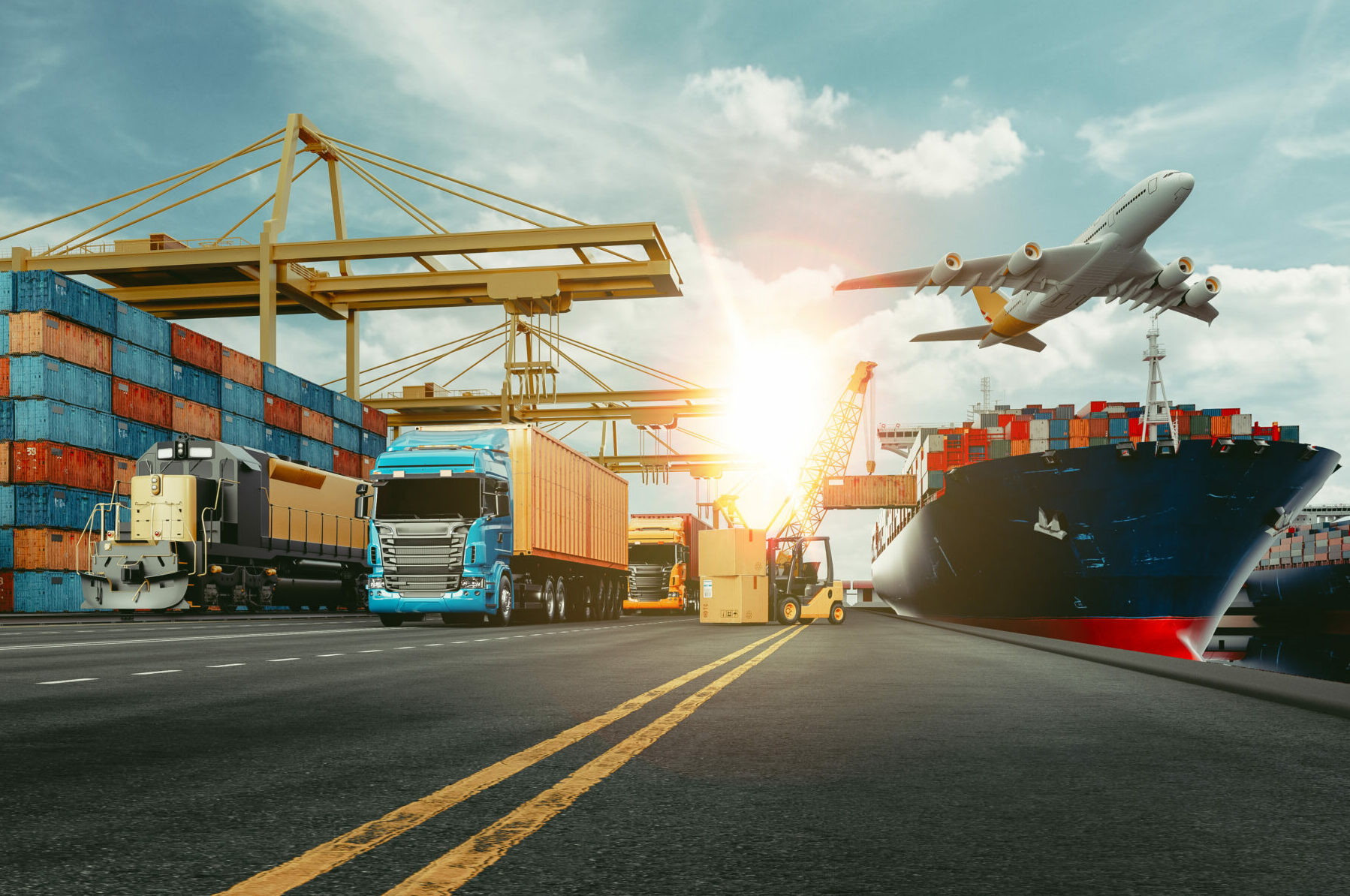The cargo forwarding industry handles billions of pounds worth of goods annually, with high-value cargo presenting unique risks and challenge…
Freight Forwarder Equipment Insurance: Protecting Your Logistics Operations
Introduction
Freight forwarding is a complex industry that relies heavily on specialized equipment to move goods efficiently across global supply chains. From cargo handling equipment and warehouse machinery to transport vehicles and communication systems, freight forwarders depend on a vast array of equipment to serve their clients effectively. When this equipment fails, breaks down, or gets damaged, it can disrupt operations, delay shipments, and result in significant financial losses.
Freight forwarder equipment insurance provides essential protection for the machinery, vehicles, and technology that keep logistics operations running smoothly. This specialized coverage goes beyond standard business insurance to address the unique risks faced by freight forwarding companies, ensuring business continuity and protecting against costly equipment replacement or repair expenses.
What is Freight Forwarder Equipment Insurance?
Freight forwarder equipment insurance is a specialized form of commercial insurance designed to protect the physical assets used in freight forwarding operations. This coverage typically includes protection for cargo handling equipment, warehouse machinery, transport vehicles, office equipment, and specialized technology systems used in logistics operations.
The insurance covers various scenarios including equipment breakdown, accidental damage, theft, vandalism, fire, flood, and other perils that could affect the operational capacity of a freight forwarding business. Unlike standard commercial property insurance, this coverage is tailored to understand the specific equipment needs and operational risks of freight forwarding companies.
Types of Equipment Covered
Cargo Handling Equipment
Forklifts, pallet jacks, conveyor systems, cranes, hoists, loading docks, and specialized lifting equipment used to move and position cargo in warehouses and terminals.
Warehouse Machinery
Automated storage and retrieval systems, sorting equipment, packaging machinery, weighing scales, barcode scanners, and warehouse management system hardware.
Transport Vehicles
Delivery trucks, container chassis, trailers, specialized transport vehicles, and any company-owned vehicles used in freight operations.
Communication and IT Equipment
Computer systems, servers, telecommunications equipment, GPS tracking devices, radio communication systems, and specialized logistics software installations.
Office Equipment
Computers, printers, furniture, and general office equipment used in freight forwarding operations and customer service.
Specialized Logistics Equipment
Container handling equipment, dock levelers, temperature monitoring systems, security equipment, and any industry-specific machinery.
Key Coverage Areas
Equipment Breakdown Coverage
Protects against mechanical or electrical breakdown of covered equipment, including the cost of repairs or replacement and potential business interruption losses while equipment is out of service.
Accidental Damage Protection
Covers damage caused by accidents during normal business operations, including operator error, collisions, and unexpected incidents that damage equipment.
Theft and Vandalism Coverage
Protects against losses due to theft of equipment or damage caused by vandalism, including coverage for both on-site and off-site incidents.
Fire and Natural Disaster Protection
Covers damage caused by fire, flood, storm, earthquake, and other natural disasters that could affect freight forwarding equipment.
Business Interruption Coverage
Provides compensation for lost income and additional expenses incurred when equipment damage or breakdown disrupts normal business operations.
Temporary Replacement Coverage
Covers the cost of renting or leasing temporary equipment while permanent equipment is being repaired or replaced.
Industry-Specific Risks for Freight Forwarders
High Equipment Utilization
Freight forwarding equipment operates continuously under demanding conditions, increasing the likelihood of wear, tear, and mechanical breakdown.
Complex Supply Chain Dependencies
Equipment failure can have cascading effects throughout the supply chain, potentially affecting multiple clients and shipments simultaneously.
Specialized Equipment Costs
Many pieces of freight forwarding equipment are highly specialized and expensive to replace, making adequate coverage essential.
Regulatory Compliance Requirements
Equipment must meet various safety and regulatory standards, and insurance may need to cover compliance-related modifications or replacements.
Technology Integration Risks
Modern freight forwarding relies heavily on integrated technology systems, where the failure of one component can affect entire operational networks.
International Operations Exposure
Equipment used in international freight operations may face additional risks related to customs, security, and varying operational environments.
Benefits of Comprehensive Equipment Insurance
Financial Protection
Protects against the high costs of equipment repair or replacement, helping maintain cash flow and financial stability during equipment-related incidents.
Business Continuity Assurance
Ensures operations can continue with minimal disruption through temporary replacement coverage and expedited claim handling.
Client Relationship Protection
Helps maintain service levels and client satisfaction by ensuring equipment is quickly repaired or replaced when problems occur.
Competitive Advantage
Demonstrates reliability and professionalism to clients who depend on consistent, uninterrupted freight forwarding services.
Risk Management Support
Many insurers provide risk assessment services and equipment maintenance guidance to help prevent losses and improve operational efficiency.
Regulatory Compliance Support
Coverage can include assistance with meeting equipment-related regulatory requirements and safety standards.
Choosing the Right Coverage
Equipment Valuation
Ensure coverage limits reflect the current replacement cost of equipment, including inflation and technology upgrades.
Coverage Scope
Verify that all types of equipment used in your operations are covered, including both owned and leased equipment where applicable.
Business Interruption Limits
Calculate appropriate business interruption coverage based on daily revenue and the time needed to replace critical equipment.
Deductible Levels
Balance premium costs with acceptable out-of-pocket expenses by choosing appropriate deductible levels for different types of equipment.
Geographic Coverage
Ensure coverage extends to all locations where equipment is used, including temporary sites and client facilities.
Specialized Endorsements
Consider additional coverage for unique risks such as cyber attacks on equipment systems, environmental contamination, or specialized transportation needs.
Risk Management Best Practices
Regular Maintenance Programs
Implement comprehensive preventive maintenance schedules to reduce the likelihood of equipment breakdown and extend equipment life.
Equipment Monitoring Systems
Use technology to monitor equipment performance and identify potential problems before they result in failures or damage.
Staff Training Programs
Ensure all operators are properly trained on equipment use, safety procedures, and maintenance requirements.
Security Measures
Implement appropriate security measures to protect equipment from theft and vandalism, including surveillance systems and secure storage.
Documentation and Records
Maintain detailed records of equipment purchases, maintenance, and repairs to support insurance claims and demonstrate proper care.
Emergency Response Plans
Develop procedures for responding to equipment failures, including backup equipment options and emergency repair contacts.
Working with Insurance Providers
Industry Expertise
Choose insurers with specific experience in freight forwarding and logistics operations who understand industry risks and equipment needs.
Claims Handling Capability
Evaluate insurers' claims processing speed and expertise, particularly their ability to handle complex equipment claims quickly.
Risk Assessment Services
Look for insurers who provide value-added services such as equipment risk assessments and loss prevention guidance.
Coverage Flexibility
Select insurers who can adapt coverage as your business grows and equipment needs change.
Global Capabilities
For international operations, ensure your insurer can provide coverage and claims support across all operational territories.
Cost Considerations
Premium Factors
Premiums are typically based on equipment values, business size, claims history, risk management practices, and coverage limits selected.
Deductible Impact
Higher deductibles can significantly reduce premium costs but increase out-of-pocket expenses when claims occur.
Risk Management Credits
Many insurers offer premium discounts for businesses with strong risk management programs and good safety records.
Coverage Bundling
Combining equipment insurance with other commercial coverages may provide cost savings and simplified administration.
Claims Process and Support
Immediate Response
Most insurers provide 24/7 claims reporting and emergency response services for critical equipment failures.
Expert Adjusters
Claims are typically handled by adjusters with specific expertise in freight forwarding equipment and operations.
Repair Network Access
Many insurers maintain networks of approved repair facilities and equipment suppliers to expedite repairs and replacements.
Business Interruption Support
Insurers often provide specialized support for calculating and documenting business interruption losses related to equipment failures.
Regulatory Compliance and Equipment Insurance
Safety Standards Compliance
Equipment insurance can help cover costs associated with bringing equipment up to current safety and regulatory standards.
Environmental Regulations
Coverage may include costs related to environmental compliance requirements for equipment operation and disposal.
International Standards
For global operations, insurance can help cover costs of meeting varying international equipment and safety standards.
Documentation Requirements
Insurers typically require detailed equipment inventories and maintenance records to support coverage and claims.
Technology and Modern Equipment Risks
Cyber Security Threats
Modern freight forwarding equipment increasingly relies on connected systems that may be vulnerable to cyber attacks.
Software Dependencies
Equipment failures may involve both hardware and software components, requiring specialized expertise for repairs.
Integration Complexities
Equipment problems can affect integrated systems, potentially causing more widespread operational disruptions.
Obsolescence Risks
Rapid technology changes can make equipment obsolete, affecting replacement costs and coverage needs.
Conclusion
Freight forwarder equipment insurance is an essential component of risk management for logistics businesses. The complex, equipment-dependent nature of freight forwarding operations makes comprehensive coverage crucial for protecting against financial losses and maintaining business continuity.
By understanding the specific risks faced by freight forwarding equipment and working with experienced insurance providers, businesses can develop coverage programs that protect their assets while supporting operational efficiency and client service excellence. The investment in comprehensive equipment insurance pays dividends through reduced financial exposure, improved operational reliability, and enhanced competitive positioning in the demanding freight forwarding industry.
Regular review and updating of equipment insurance coverage ensures protection keeps pace with business growth, technology changes, and evolving industry risks, providing the foundation for long-term business success in freight forwarding operations.


 0330 127 2333
0330 127 2333

